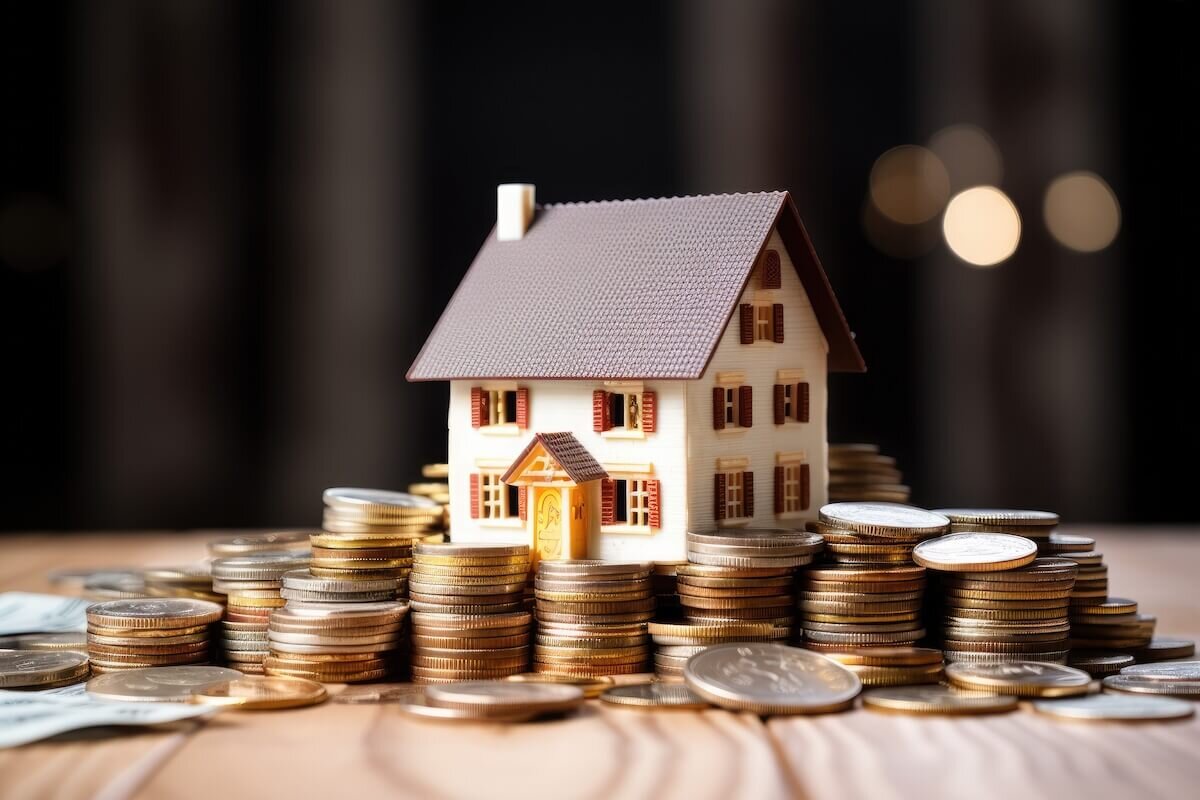 You need to sell your home, but there’s this thing called “home equity” that you have questions about. Do you need equity before selling? If you do, what’s the best amount of equity? What happens if you don’t have equity in your house before selling? How do you get equity faster?
You need to sell your home, but there’s this thing called “home equity” that you have questions about. Do you need equity before selling? If you do, what’s the best amount of equity? What happens if you don’t have equity in your house before selling? How do you get equity faster?
Understanding home equity before selling is important, as it affects how much money you can expect to get from the sale. While the ideal amount of equity varies, selling a home without equity can result in you not only having no money left over, but outright losing money during your home sale. If you’re ready to sell your home, let’s dive into what equity is, how equity affects the sale of your home, and how to build equity in your home before you sell.
For informational purposes only. Always consult with a licensed real estate professional before proceeding with any real estate transaction if you have questions.
Get a Cash Offer on Your Home With Cash Is King.
Want to skip the hassle of selling your home? We’ll make you a Guaranteed Cash offer. Get started now for free!
What is Home Equity?
Home equity is the difference between the value of your home and the amount you still owe on your mortgage. It represents the amount of ownership that you have in a property.
To calculate your home equity, subtract the remaining balance on your mortgage from the current market value of your property. The resulting amount is how much of your home’s value belongs to you.
Having high equity has a number of benefits. Even without selling, you can borrow against your home’s equity if you need cash. Generally, lenders prefer that homeowners have at least 20% equity in their homes when applying for a home equity loan, as this reduces the average risk of defaulting. If your home is worth $300,000, for example, a lender would prefer you have at least $60,000 worth of equity before applying for a loan.
Your down payment counts as part of your home equity. If, on that $300,000 house, you paid $60,000 at the time you bought it and financed the remaining $240,000, you had 20% equity to begin with, since your mortgage balance was 80% of the current market value.
What Happens to Equity After You Sell Your House?
After selling your house, the amount of money you have left over after covering your remaining mortgage, selling costs, and closing costs depends on how much equity you had in your home before selling. For example, let’s say that you’re selling a $300,000 house for its full market value, and your selling and closing costs amount to $20,000.
- If you had 0% equity, you need to pay your $300,000 mortgage balance and your $20,000 costs. Selling your home will cost you $20,000.
- If you had 10% equity, you need to pay your $270,000 mortgage balance and your $20,000 costs. You’ll have $10,000 in proceeds from the sale.
- If you had 100% equity—that is, you paid off your mortgage loan and now have full ownership of the home—you just need to pay your $20,000 costs. You’ll have $280,000 in proceeds from the sale.
After selling your house and paying expenses, any remaining equity is yours to keep. This can be used for a variety of purposes, such as investing in another property, paying off debts, or using it for other financial goals. If you have built up enough equity in the home you are selling, you may be able to use that money to purchase a new home outright or cover the down payment and closing costs on another property.
It’s important to note that home equity is unrelated to capital gains. While taxes may be due on any capital gains earned from the sale of your home, the capital gain is the current value of the home minus the amount you initially paid for it. For the example of the $300,000 home above, which was bought and sold for $300,000, the capital gain is $0 no matter how much money you have left over from equity. If it was bought for $300,000 and sold for $600,000, the capital gain would be $300,000 and taxable—but if it’s your primary home, you could apply for a capital gains tax exemption, which removes $250,000 for your taxable gain and would reduce your tax liability to taxes on $50,000 worth of profit.
Of course, capital gains taxes become more complicated if you’re selling your home after one year. You’ll likely have less equity built up if you’re selling that soon, as well.
Low Equity? Consider Selling Your Home for Cash
Cash investors can skip several steps of the closing process, which will save you money in both sales costs and closing costs. Not only can you close with a cash buyer faster, but you won’t need to spend money on real estate commissions, appraisals, staging, listing photography, or even home repairs. All this translates to more cash in your pocket after the sale, regardless of how much equity you have in your home.
Lower closing costs are just one benefit of selling for cash. Get in touch with us today to find out more about how cash offers work and how getting a cash offer can benefit you.
Do You Need Equity to Sell Your Home?
Technically speaking, no. But if you don’t have enough equity, you’ll have less money than you started with after selling. The only way to avoid this would be to sell your home significantly above its market value—enough to cover all the expenses associated with the selling process. For reference, sellers typically pay between 6%–10% of the home’s purchase price in closing costs. If you’re selling a $300,000 house with no equity at all, you might need to sell as high as $330,000 to break even. Theoretically possible in a blazing-hot market, but not probable by any means.
If you’re selling a house at a loss—that is, selling it for less than you initially paid for it—you might also find yourself having to cover part of your mortgage balance out of pocket if you don’t have enough equity to cover it. If you do have enough equity, though, you might still have money left over after the sale. For example, if you’re selling a house you paid $300,000 for for a price of $250,000, but you have $100,000 worth of equity, your mortgage balance is only $200,000, so you’ll have $50,000 left to pay closing costs and selling expenses. You’ll lose money on the house overall, but you’ll have cash in hand, and sometimes that’s the most important factor.
How Much Equity Do You Need to Sell Your Home?
The more equity you have in your home before you sell it, the better. However, generally speaking, it’s highly advisable to have at least 10% equity in your home before selling it, as this will likely be enough to cover your closing costs without you having to pay them out of pocket.
If you’re looking to move to a more expensive property or otherwise immediately put a down payment on another home, it’s a good idea to aim a bit higher. A good goal is for your sale proceeds to cover your outstanding mortgage balance, closing costs, selling expenses, moving costs, and a down payment for a new home or a first month’s rent.
How to Build Home Equity
Paying down your mortgage is the most basic way to build equity in your home. When you make mortgage payments, you’re paying your lender for more ownership of your property.
Another way to build home equity is to make improvements to your home, whether those are repairs or renovations. This will increase your home’s value without increasing your mortgage balance, thus increasing your equity (Value – Mortgage = Equity). This can include anything from fixing cracks in the foundation to replacing outdated appliances or even adding a deck or pool, if those features are in demand in your local real estate market.
Doing these projects will make your home more enjoyable and attractive for potential buyers, so they can increase your home’s value before selling. Since equity is based on current market value, if buyers are willing to pay more for it, you have more equity. However, there may be reasons not to renovate before selling, so consider all your options carefully.
Lastly, home values typically appreciate over time, so simply waiting until the market rises can increase your equity without any additional effort on your part. For example, Portland has seen 10-year appreciation rates above 100% in some areas. Having your home’s market value double also doubles your equity.
For informational purposes only. Always consult with a licensed real estate professional before proceeding with any real estate transaction if you have questions.
The Ideal Amount of Equity to Sell a Home Varies
You don’t need to have any equity in your home before selling it. However, having some can make the sale process easier by increasing the amount of money you can receive from the sale. Building equity takes time and effort, but it is worth it if you want to get more out of your home sale. Knowing how much equity you need and how to build it will help make sure that you get the most out of your home’s sale price.
You can also get more out of your home sale by selling to a cash buyer. If you choose to sell to an investor, you can skip out on the cost and hassle of the traditional home selling process and retain more of your home’s equity.
Get a Cash Offer On Your Home
No Commission. No Hassle. You pick the closing date.
CashIsKing.com works with cash investors on a daily basis and partners with investors who can deliver quick cash offers on properties of all conditions and locations. Why wait? Get a cash offer from an investor today!
Get a Cash Offer
